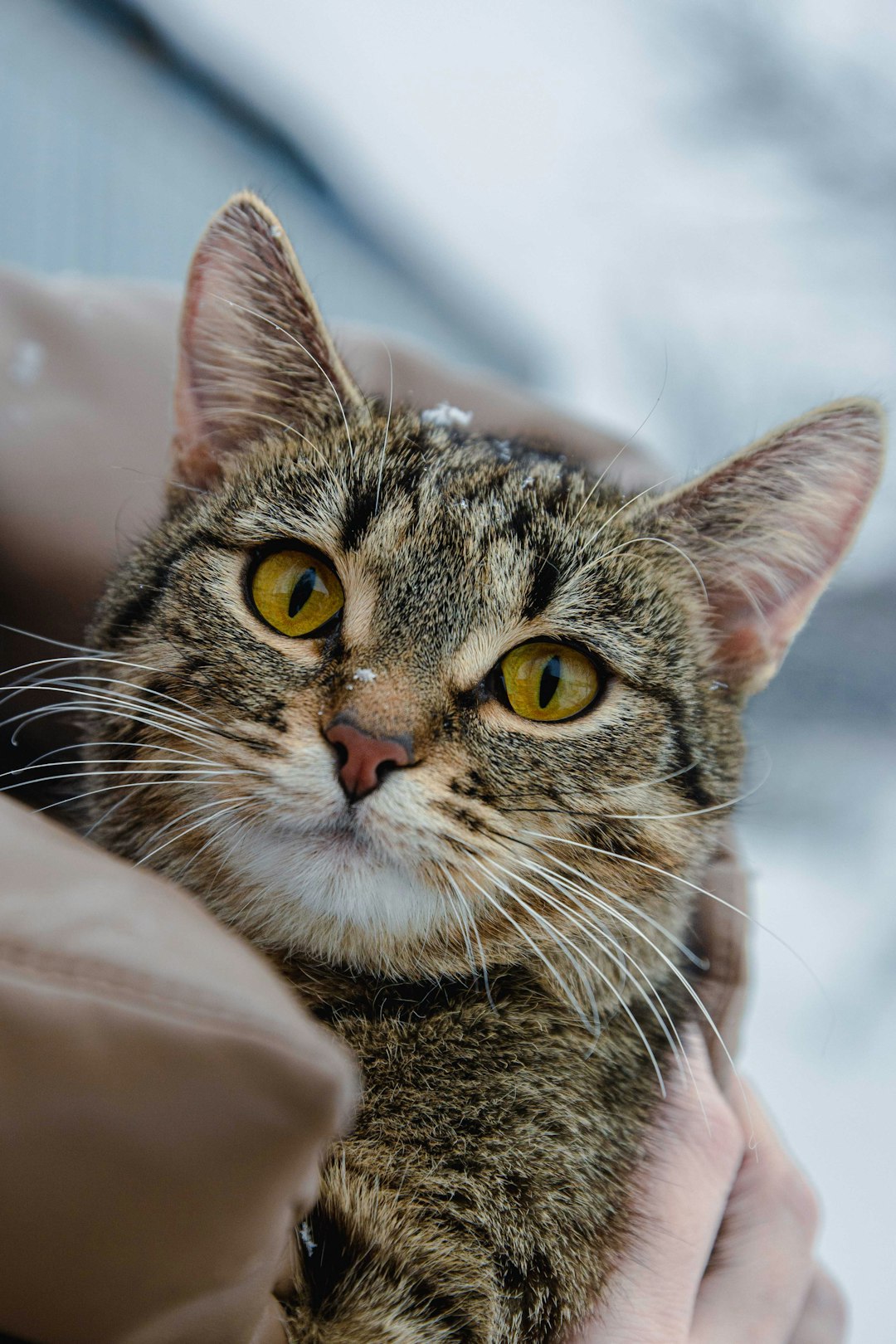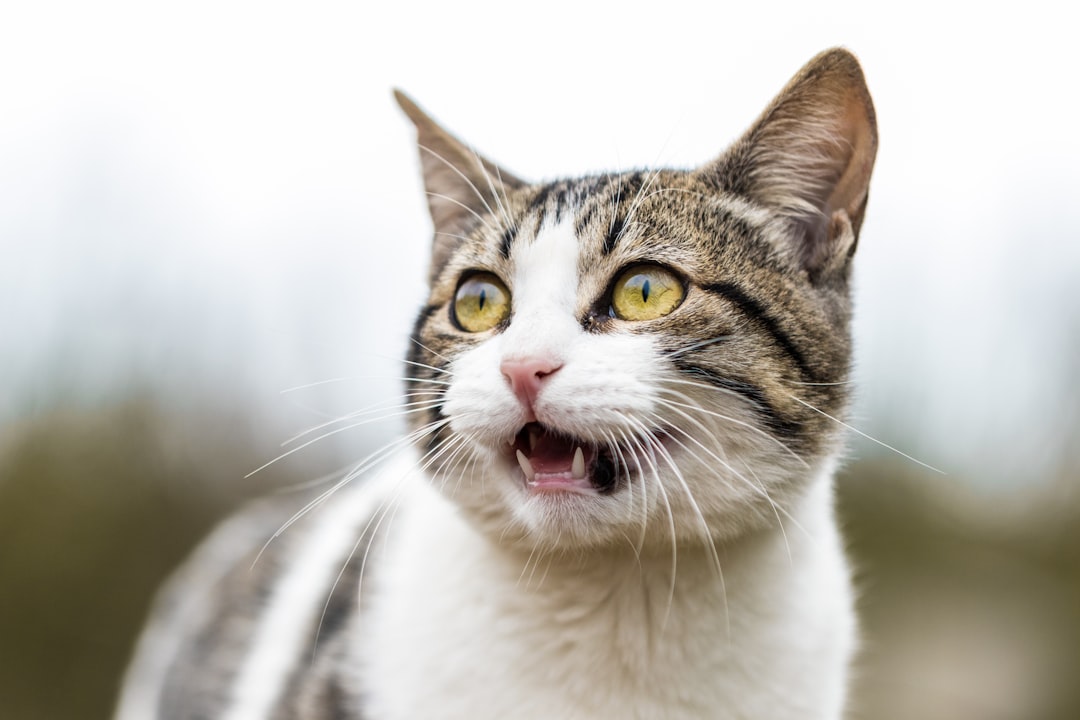If you’ve ever found an unexpected “gift” from your feline friend, you know the struggle of dealing with a cat pooping outside the litter box. It’s like they’re sending a message straight from the kitty council! But fear not, this issue often stems from understandable reasons, whether it’s a medical concern, an uninviting bathroom setup, or recent changes in your household. Let’s dive into the world of litter box mischief and uncover the secrets behind this perplexing behavior. Your cat’s dignity—and your floors—depend on it!
Understanding the Reasons Behind Litter Box Issues
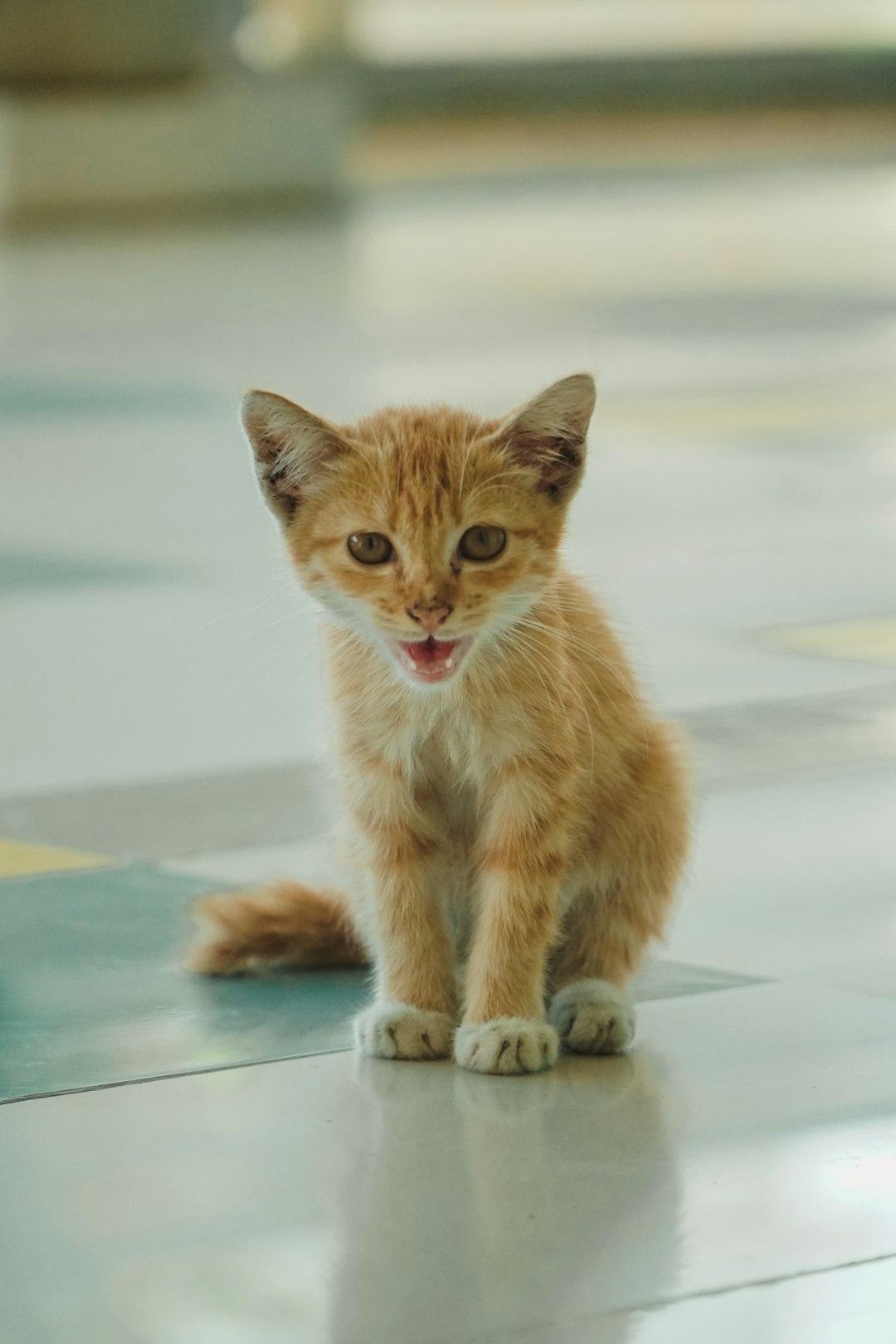
So, your cat has decided to stage a protest by pooping outside the litter box? Fear not! It’s not necessarily a personal vendetta against you. In fact, several reasons might explain this sudden rebellion in your feline friend. Let’s break it down:
- Health Problems: Cats are masters at hiding their discomfort. Conditions like urinary tract infections or gastrointestinal issues can lead to unexpected bathroom choices.
- Litter Box Aversion: Sometimes, your cat despises their bathroom situation. It could be the litter, the cleanliness, or even the location. A litter box in a noisy area may just drive them away!
- Stress and Anxiety: Just like us, cats can feel stressed. Changes in their environment or routine can trigger this behavior—new pets, moving homes, or even loud neighbors.
Understanding the reasons behind your cat pooping outside the litter box is crucial. Once you identify the cause, you can adjust the environment and help restore peace in your home. Remember, it’s always best to consult with a veterinarian if you suspect a medical issue!
Common Medical Issues That Can Cause Discomfort
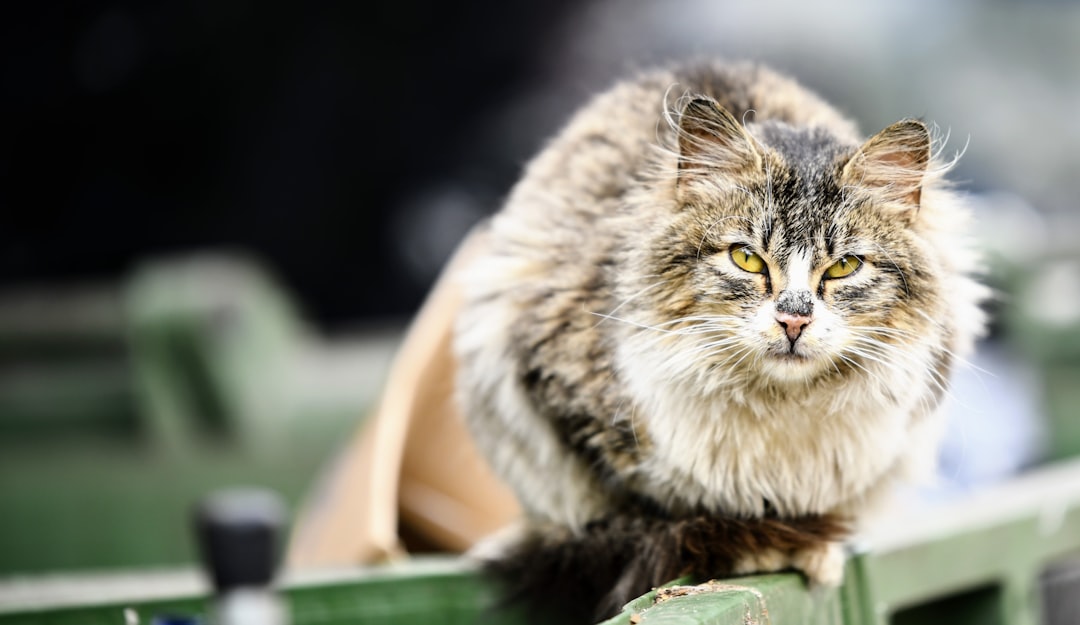
When you discover your cat pooping outside the litter box, it might not simply be a case of feline rebellion; there could be a hidden medical issue at play. Let’s break down some potential culprits that might warrant a trip to the vet:
- Urinary Tract Infections (UTIs): This painful condition can lead to both litter box avoidance and erratic pooping habits. Look out for frequent trips to the box without much output.
- Gastrointestinal Problems: Conditions like constipation or diarrhea can cause discomfort, leading your kitty to bypass the litter box entirely. Monitor for any changes in their poop consistency!
- Arthritis: Aging cats may develop arthritis, making it challenging to reach the litter box comfortably. Consider providing a lower-sided box or placing it closer to their favorite lounge spots.
- Stress-related Disorders: Cats, like humans, can develop stress-induced illnesses. Changes in the household or routine can exacerbate this, leading to undesirable litter habits.
Always consult your vet if your cat is exhibiting signs of distress or unpredictable bathroom behavior. Ignoring a medical issue could lead to more problems—and no one wants a cat pooping outside the litter box!
Assessing Your Cat’s Litter Box Environment
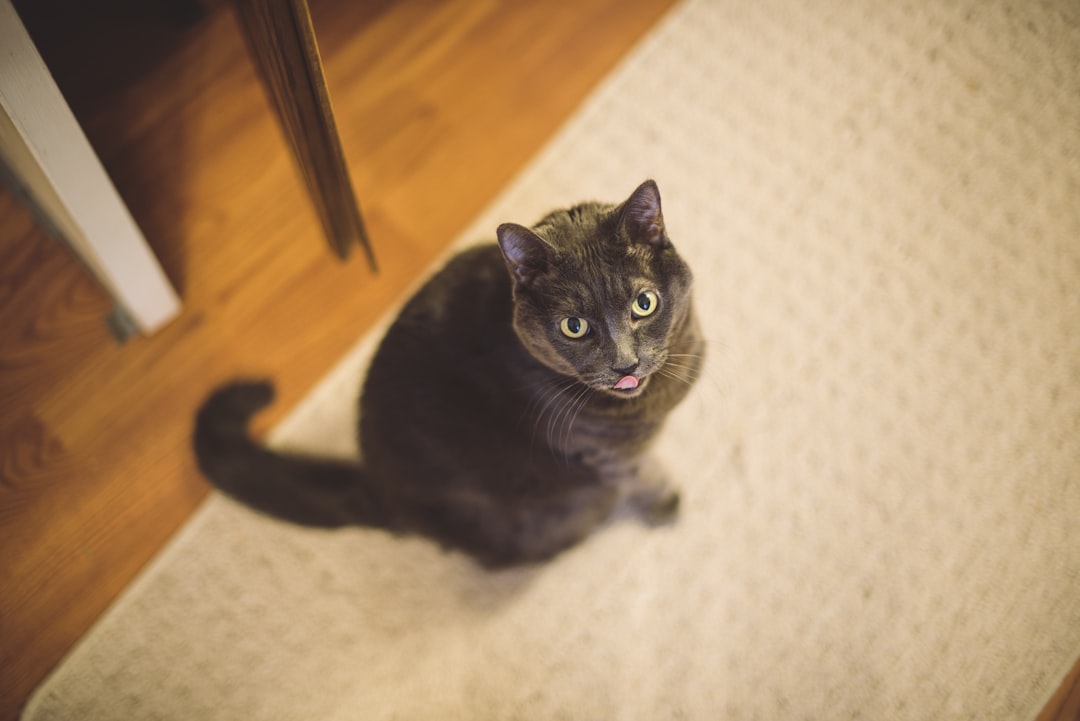
When it comes to solving the mystery of your cat pooping outside the litter box, the environment around this crucial area often holds the key. A few simple tweaks can make a world of difference for your furry friend. Here’s what to consider:
- Litter Box Location: Place the litter box in a quiet, low-traffic area. Cats value their privacy, much like we do during a phone call.
- Type of Litter: Does your cat prefer clumping, non-clumping, crystal, or natural litter? Experimenting with different types can lead to impressive results!
- Size & Number of Boxes: Larger cats need more room. Plus, the “one box per cat, plus one extra” rule works wonders. This gives them options, especially in multi-cat households.
- Cleaning Routine: Scoop daily and change the litter regularly. A dirty box is like a messy restroom—nobody wants to use it!
- Accessibility: Ensure your cat can easily access the box, especially if they’re older or have mobility issues.
Remember, a little fine-tuning in your cat’s litter box environment can significantly decrease instances of your cat pooping outside the litter box. Happy litter box training!
Changes in Routine and Their Impact on Behavior
Our feline friends, like us, thrive on routine. When a cat starts pooping outside the litter box, often, a change in their daily life is to blame. Here are some common culprits that can disrupt their pooping patterns:
- New People or Pets: A new family member (be it human or furry) can shake things up, leaving your cat feeling stressed and overwhelmed.
- Moving Homes: Cats are territorial creatures, and relocating can trigger anxiety that leads to inappropriate elimination.
- Altered Schedule: A sudden change in your own routine—like a new job or travel—can leave them feeling insecure and lead to unexpected places for their business.
To counteract these issues:
- Maintain Consistency: Stick to feeding, playtime, and cuddle schedules as closely as possible.
- Create Safe Spaces: Provide quiet areas where your cat can retreat to feel safe.
- Gradual Introductions: If adding new pets or people, allow for slow introductions to avoid overwhelming your kitty.
Understanding the link between routine changes and your cat pooping outside the litter box can help you find effective solutions. Remember, a little patience goes a long way!
The Importance of Litter Box Maintenance
Maintaining your cat’s litter box is crucial in preventing issues like cat pooping outside the litter box. Just like you wouldn’t enjoy a messy restroom, neither will your feline friend. Here are some essential tips to ensure your litter box is always top-notch:
- Daily Cleaning: Scoop out clumps and waste daily. Nobody likes to step in a stinky mess!
- Complete Change: Aim for a full litter change every week. Fresh litter is a cat’s best friend.
- Right Spot: Place the litter box in a quiet, easily accessible area. Cats prefer privacy, just like we do!
- Litter Type: Experiment with different types of litter. Some cats are picky, and finding the right one can solve the problem of cat pooping outside the litter box.
- Box Size & Type: Ensure the box is large enough for your cat’s breed. Larger cats need more space; a cramped box is a recipe for disaster.
Keep these tips in mind, and you might just turn that troublesome behavior right around. After all, a happy litter box means a happy cat!
Behavioral Training Techniques for Cats
While you might feel like you’ve entered a feline version of “The Great Outdoors,” worry not! Training your cat to stop pooping outside the litter box is completely possible. Here are some effective techniques to put you back in control and redefine bathroom habits:
- Positive Reinforcement: Reward your kitty every time they use the litter box. Treats, affection, and lots of praises can make a huge difference! After all, who wouldn’t want an extra belly rub for doing their business in the right place?
- Consistency is Key: Establish a routine. Cats thrive on habits, so try to keep their schedule—feeding and playtime included—consistent. This predictability can encourage them to use the litter box regularly.
- Redirect Attention: If you catch your cat in the act of preparing for an outdoor poop mission, gently redirect them to the litter box. Timing is everything; act fast to encourage this right behavior.
- Litter Location: Make sure the litter box is in a quiet, accessible place. If it’s too noisy or hidden, your cat might decide that outdoor adventures are more appealing.
Incorporating these behavioral training techniques can significantly reduce instances of your cat pooping outside the litter box. With patience and love, you’ll pave the way for a clean and happy home!
When to Seek Professional Help from a Veterinarian
If you’ve tried all the tricks in the book and your cat is still pooping outside the litter box, it might be time to call in the big guns—your veterinarian. Why, you ask? Well, here are a few red flags to consider:
- Persistent Issues: If your cat consistently avoids the litter box for more than a week, it’s a sign that something’s amiss.
- Straining or Pain: If you notice your furry friend straining to poop or showing signs of discomfort, don’t hesitate to seek help.
- Changes in Behavior: Sudden aggression, hiding, or loss of appetite can signal underlying problems linked to your cat pooping outside the litter box.
- Dirty Litter Box: Even the best cats can have issues if their throne is less than welcoming!
Tip: Don’t wait for your cat to become an expert in the art of pooping outside the litter box—act quickly for successful solutions! A vet can provide valuable insights or treatment options that can turn your litter box from a no-go zone back into a cozy bathroom for your kitty.
When to Seek Professional Help from a Veterinarian
If you’re scratching your head (and your cat is scratching the carpet), it might be time to take action. Cat pooping outside the litter box can be a signal that something more is amiss. Here’s when to enlist the expertise of a vet:
- Persistent Behavior: If your feline friend has decided that the floor makes a better toilet, and the behavior lasts more than a few days, don’t hesitate to seek help.
- Accompanying Symptoms: Watch out for any signs of distress like diarrhea, vomiting, or lethargy. This might indicate underlying medical issues.
- Age Factor: Senior cats need extra attention. As they age, their health can change rapidly, making them more prone to medical conditions that manifest through litter box avoidance.
- Behavior Changes: If your cat seems unusually anxious or aggressive, a professional can help determine if this behavior is linked to a health issue.
In summary, cat pooping outside the litter box may begin as a nuisance but can signal serious health concerns. Don’t play detective; your vet’s expertise can ensure your cat’s comfort—and save your floors!
Frequently Asked Questions
Why is my cat suddenly pooping outside the litter box?
It’s the feline version of a midlife crisis! Cats may decide to poop outside the litter box due to stress, health issues, or even their litter box being too dirty. A move, a new pet, or a change in routine can send your kitty into a tailspin, leading them to choose your carpet as their new toilet. Always check with a vet if you suspect health problems.
How can I get my cat to stop pooping outside the box?
Ah, the million-dollar question! Try providing a pristine litter box, as cats are notoriously picky about hygiene. You might also want to experiment with different types of litter, perhaps even a covered box for some privacy. Consistency is key – keep the litter box in a quiet place and clean it regularly. Last resort? Consult a pet behaviorist – it’s not just you, it’s the cat!
Could my cat’s diet be the problem?
Absolutely! If your cat is pooping in the wrong places, it might be time for a dinner makeover. A sudden change in diet or low-quality food could upset their digestive tract and lead to messy situations. Consider a nutrient-rich diet tailored for your furball, and ensure they’re not just snacking on leftovers. Call on your vet to help tune in to the right gourmet meal for your little diva.
Is my cat trying to tell me something by pooping outside the box?
Oh, your cat is definitely trying to send you a message! Whether it’s sheer protest against the state of their litter box, an emotional cry for attention, or a vendetta against a new family member, it’s their way of expressing distress. So, don’t ignore those trails, as each poopy declaration could reveal hidden secrets and desires of your curious companion!


